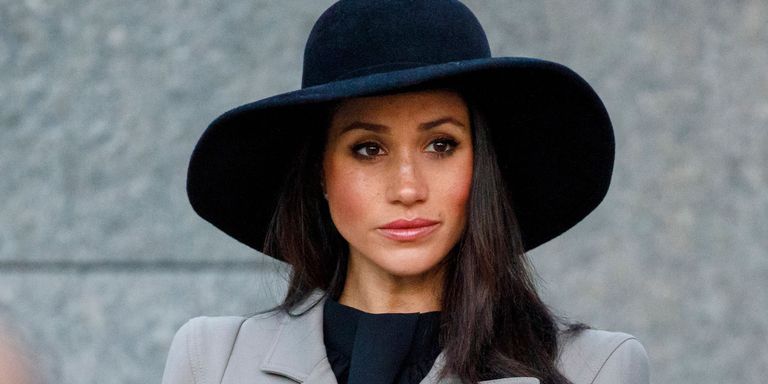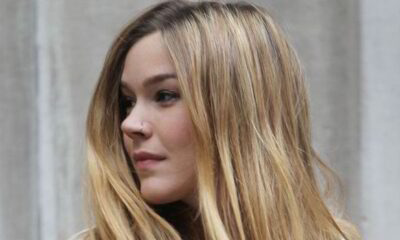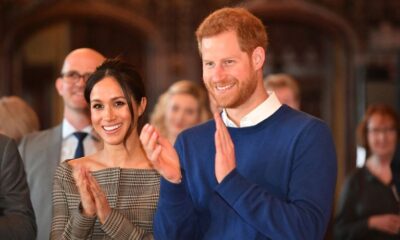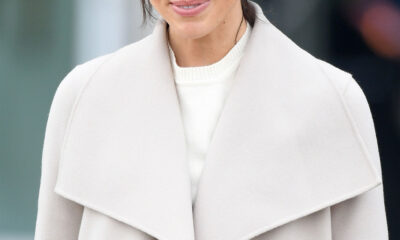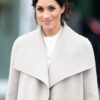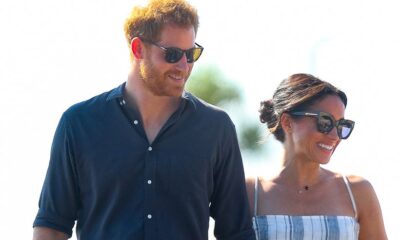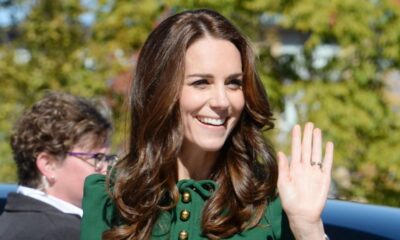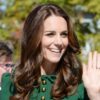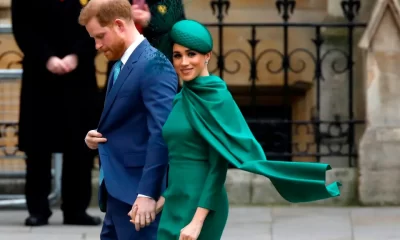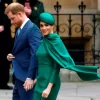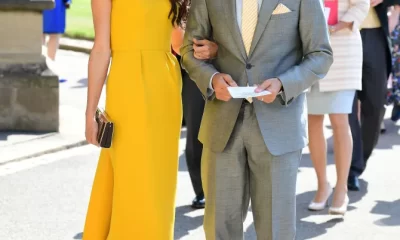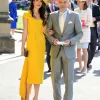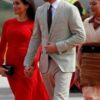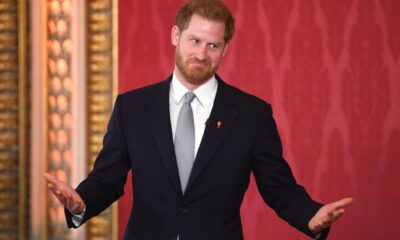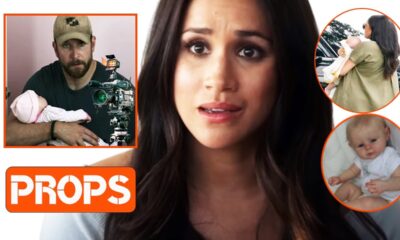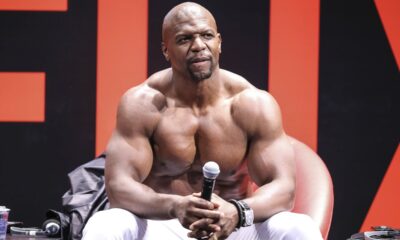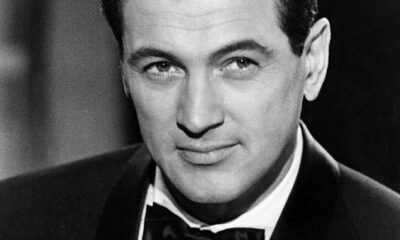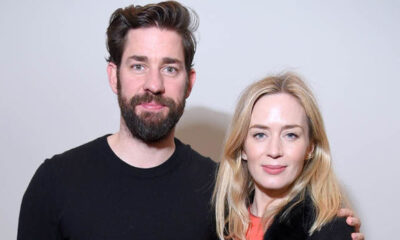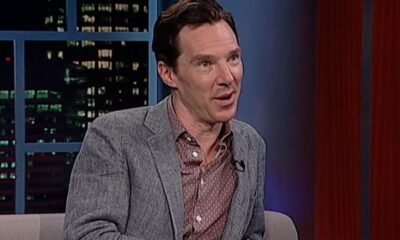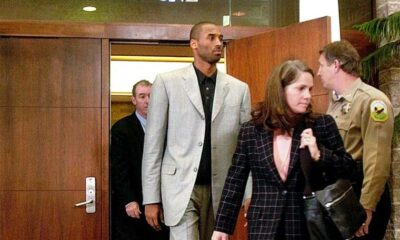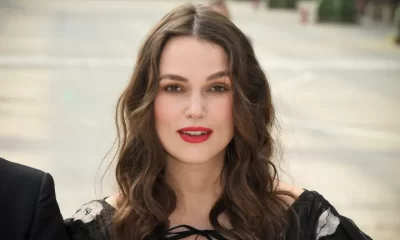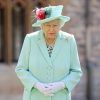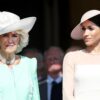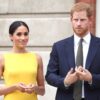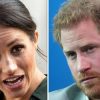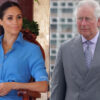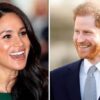All round
Meghan Markle says royal titles not royal family’s “right to take away”
Meghan, Duchess of Sussex, revealed in a shocking interview with Oprah Winfrey that the royal family had chosen not to confer a title to her baby Archie. She said she was never told why “the first member of color in this family [was] not being titled in the same way that other grandchildren would be,” and that there were discussions about “how dark” Archie’s complexion would be around the same time.
Meghan claimed the palace denied her son Archie his entitlement to the title of prince, which she falsely suggested was against etiquette.
However, according to The Guardian, great-grandchildren of British monarchs are not eligible to be princes or princesses, citing a 104-year-old royal rule. The sole exception are the children of Prince William, who is an heir to the throne.
According to Bob Morris of University College London’s Constitution Unit, the regulation was enacted to reduce the growing cumbersome number of royal titles.
“Queen Victoria had nine children who were all princes and princesses, and then they had children and so forth, and George V took the view … that something needed to be done to tidy up the situation,” he said.
Trending:
The queen has the authority to alter the regulations, and in 2012 she declared that all of Prince William and Catherine’s children, not only the oldest living son, would be princes and princesses.
That implies that six of the Queen’s nine great-grandchildren, including Archie, are not princes or princesses.
Prince George, Princess Charlotte, and Prince Louis, who are third, fourth, and fifth in line to the throne, respectively – ahead of Prince Harry and Archie — are the three great-grandchildren who do have royal titles.
When Archie was born, Harry and Meghan revealed his name as Archie Mountbatten-Windsor, the royal family’s surname. However, as Meghan pointed out in the interview, Archie and the baby girl they’re expecting this summer will be eligible to become prince and princess when Harry’s father, Prince Charles, ascends to the throne.
Markle expressed her surprise at being informed he would not get police protection because he lacked a title, and she speculated that the decision was made because of his mixed ethnicity.
Meghan argued that Archie’s status as a prince was only important because it might qualify him for police protection.
“If it meant he was going to be safe, then of course,” Meghan said.
She added: “All the grandeur surrounding this stuff is an attachment I don’t have. I’ve been a waitress, an actress, a princess, a duchess. I’m clear on who I am, independent of that stuff. The most important title I will ever have is ‘Mom.’”
She told Oprah Winfrey, “It’s not their right to take away.”
Winfrey asked, “Do you think it’s because of his race?”
“In those months when I was pregnant, all around this time, so we [had] the conversation of he won’t be given security, he won’t be given a title,” Meghan said.
The racist accusations leveled by Meghan and Harry sparked global headlines and dominated media discussions about the royal family.
According to The Guardian, extended members of the royal family do not have an inherent entitlement to police protection. Princess Eugenie and Princess Beatrice, for example, no longer have taxpayer-funded protection. The family, the UK government, and London’s Metropolitan police make the choice on which family member receives police protection.
According to a statement attributed to the Queen, “the issues raised, particularly that of race, are concerning.”
“While some recollections may vary, they are taken very seriously and will be addressed by the family privately.”
Popular Posts:
- Queen’s damning reply to Prince Harry’s ‘what Meghan wants, Meghan gets’ outburst
- Here’s Why Meghan Markle Cannot File Harry Divorce In US
- Meghan Markle ‘escorted out of Prince Charles’ garden party’ in unearthed video
- Here’s Why Meghan Markle Cannot File Harry Divorce In US
- Prince Harry ‘kept asking for more money’ and Prince Charles got ‘fed up’
- Prince Charles ‘deliberately’ left Meghan out of Archie’s birthday message
- Prince Harry and Meghan ‘blamed staff when they didn’t get their way’
- Prince Harry has been ‘brainwashed’, says biographer
- Meghan Markle blogged about Kate’s wedding before claiming she ‘didn’t know much about royals’
- REVENGE: Beatrice’s pregnancy announcement total dig at Meghan Markle
- Damage is done: Prince Harry warned rift with Prince Charles is widening beyond repair
- Meghan Markle Oprah interview claims debunked by own blog post
- Prince Harry faces Backlash for podcast interview, Duke ‘making too much noise’
- Queen and Charles deeply upset with Harry’s rants
- Harry and Meghan are ‘trolling the world’ with hidden photos Archie, says their biographer
- Prince Harry Demands wife Meghan Markle Be Part Of Princess Diana’s 60th Birthday Tribute Or He Won’t Show
- Harry and Meghan are ‘trolling the world’ with hidden photos Archie, says their biographer
- Meghan Markle’s Plastic Surgery
- Meghan and Harry CAN’T do another bombshell interview – ‘Can only do one’
- How Kate Middleton earned the Queen’s respect
- William and Kate prove they are NOT ‘trapped’ despite Harry claims
- Kate Middleton ‘won’t be walked over by Meghan Markle,’ says Jenny Eclair
- Meghan ‘wasn’t too keen’ on living in smaller place than Kate and William after royal wedding
- Meghan Markle was a ‘failure’ in Hollywood, biographer reveals
- Meghan and Harry are trying to start ‘alternate woke Royal Family,’ Expert says


